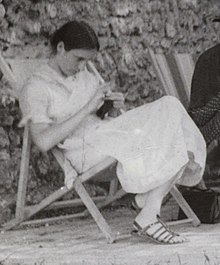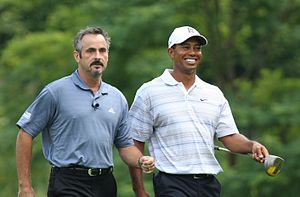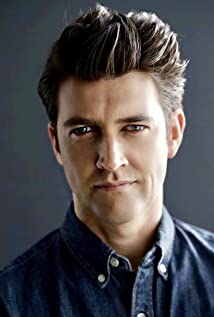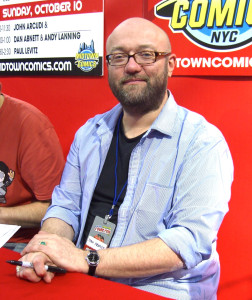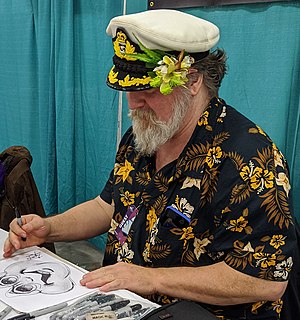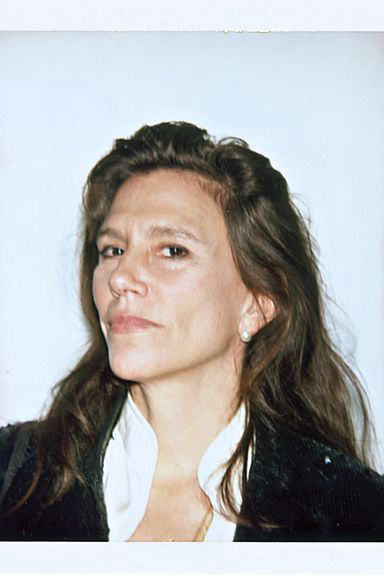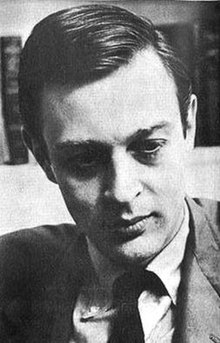Winston Churchill
Popular As Winston Leonard Spencer Churchill (Winnie, The British Bulldog, The Father of Europe)
Birthday November 30, 1874
Birth Sign Sagittarius
Birthplace Blenheim Palace, United Kingdom
DEATH DATE 1965, Kensington (91 years old)
Nationality United Kingdom
Height 5′ 6″
#169 Most Popular
ABOUT
Sir Winston Leonard Spencer Churchill (30 November 1874 – 24 January 1965) was a British statesman, soldier, and writer who served as the Prime Minister of the United Kingdom during two critical periods: from 1940 to 1945 during World War II, and again from 1951 to 1955. Renowned for his leadership during one of the country's most challenging eras, Churchill is often celebrated as one of Britain's greatest figures, lauded for his oratory skills, tenacity, and vision.
Churchill's political career spanned over six decades. He held numerous political and cabinet positions, including First Lord of the Admiralty, Minister of Munitions, Secretary of State for War and Air, and Chancellor of the Exchequer. As a prolific author and historian, he was awarded the Nobel Prize in Literature in 1953 for his numerous published works, including his six-volume chronicle of World War II.
BEFORE FAME
Churchill was born into the aristocratic Spencer-Churchill family at Blenheim Palace, the ancestral home of the Dukes of Marlborough. He was the eldest son of Lord Randolph Churchill, a prominent Conservative politician, and Jennie Jerome, an American socialite. Churchill's early education included time spent at Harrow School, followed by attendance at the Royal Military College at Sandhurst, from which he graduated in 1894.
Before embarking on his political career, Churchill enjoyed a varied and adventurous early life. He served as a military officer and war correspondent, witnessing conflicts in Cuba, India, Sudan, and South Africa. His experiences on the battlefield and his writings, such as "The River War" and "My Early Life," began to build his reputation and set the stage for his entry into politics.
TRIVIA
- Churchill's speeches are among the most famous in history. His "We shall fight on the beaches" and "Their finest hour" addresses are particularly celebrated as morale-boosting appeals during the darkest days of World War II.
- He was an accomplished painter, producing over 500 paintings in his lifetime. Painting was a pastime he pursued with passion, and he often found solace in it during times of stress.
- Churchill was known for his wit and eloquence. He often delivered scathing and memorable retorts in Parliament, and his speeches and quotes are still widely cited today.
- Despite his achievements, Churchill faced numerous electoral defeats and controversies throughout his career, including his opposition to Indian independence and his role in the Gallipoli Campaign during World War I.
FAMILY LIFE
Winston Churchill married Clementine Hozier in 1908, in a marriage that lasted until his death in 1965. Together, they had five children: Diana, Randolph, Sarah, Marigold, and Mary. Clementine was his rock, providing steadfast support throughout his career. The couple endured both personal and political trials, including the loss of their daughter Marigold to illness at a young age.
Churchill came from a lineage of significant historical figures. His paternal grandfather, John Spencer-Churchill, was the 7th Duke of Marlborough, and he was a direct descendant of John Churchill, the 1st Duke of Marlborough, one of the most famous British military commanders.
ASSOCIATED WITH
Winston Churchill's legacy is closely associated with numerous key historical figures and events. He worked alongside U.S. President Franklin D. Roosevelt and Soviet Premier Joseph Stalin during World War II to ally the efforts against the Axis powers. Their relationship, particularly with Roosevelt, was marked by frequent communication and collaboration that was critical to the Allied war effort.
Churchill is also associated with King George VI, during whose reign he served as Prime Minister during the Second World War. His connections with his contemporaries such as Charles de Gaulle and Dwight D. Eisenhower cemented his place within the pantheon of 20th-century leaders.
In summary, Winston Churchill remains an enduring symbol of resilience and leadership. His remarkable life, forged through adversity and crowned with extraordinary achievements, continues to inspire generations worldwide.





